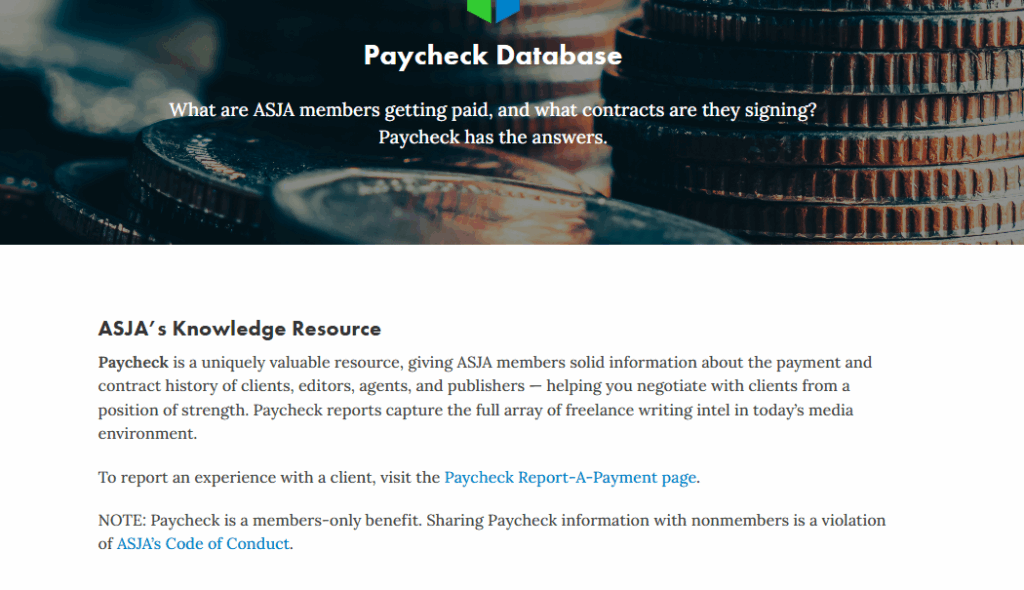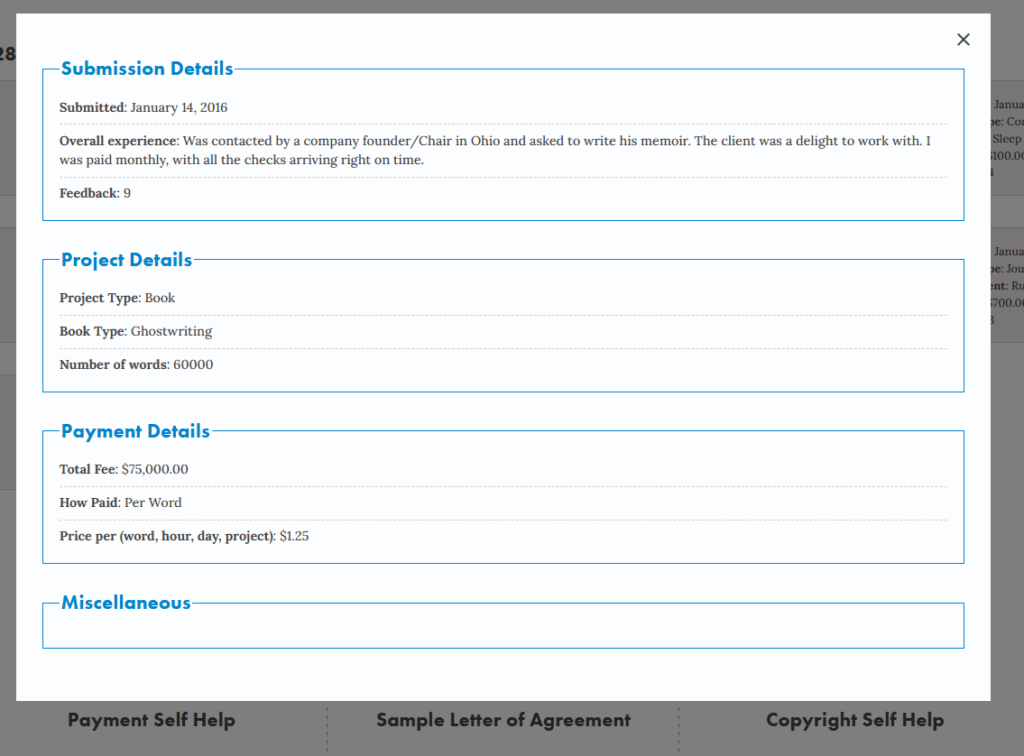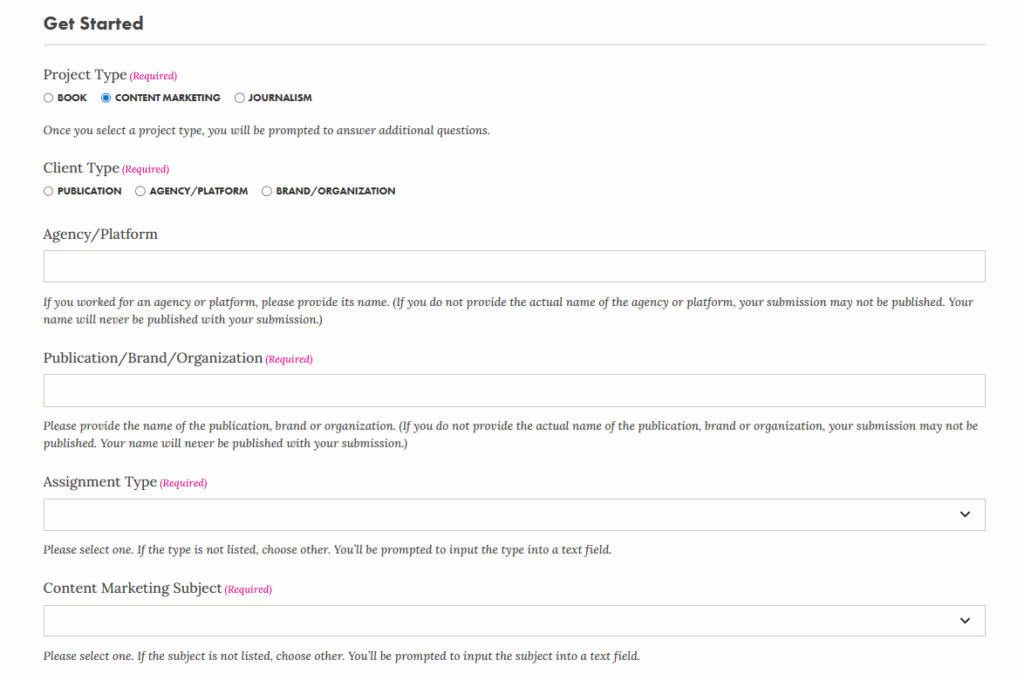When new issues of ASJA’s former print magazine were mailed, one of the most eagerly anticipated departments was Paycheck. The page-long list of recently completed projects that members submitted anonymously showed which outlets were assigning, how much they paid, and how easy (or not) they were to work with.
ASJA’s website, news channel, newsletter, and social media channels have taken the place of the print magazine. But in case you didn’t realize it, Paycheck lives on.
Any ASJA member in good standing can read and contribute to this members-only benefit – which you can see on the Paycheck Database page of the website (you must be logged into the members-only side of the website to see it).

Here’s some more information about what the Paycheck Database includes, and how you can add to it.
Using the ASJA Paycheck Database
The Paycheck Database includes project descriptions dating back almost a decade. Go to the Paycheck Database page, and you’ll see the information is divided into two sections, the first from 2022 to present day, and the second from 2016 to 2021.
Individual listings are displayed as summaries, including the date a member inputted the information, type of project, name of the outlet, and overall feedback on how easy or difficult an assignment was, on a scale of 1 to 10.
Clicking on the summary box opens the complete listing, which includes additional details about the type of project, word count, payment, and overall experience.

Inputting an Assignment into the Paycheck Database
As with any database, Paycheck’s value rests on the information it includes – the more information, the more valuable it is for members.
Adding information about a recent assignment isn’t hard – in fact, it only takes a few minutes. To report an assignment, go to the Paycheck: Report a Payment page. An online form will prompt you to choose a project type: book, content marketing, or journalism. You’ll also need to indicate if the client was a publication, agency or platform (think Contently or Skyword), or a company, brand, or other type of organization.

From there, fill in information about the type of agency, publication, brand, or organization you worked with; type of assignment, such as article, whitepaper, report, script, etc.; and subject, such as business, health care, technology, history, etc.
Additional prompts ask for information about rates, payment and contract terms, the revision process, and overall feedback. Writers can use a text box with unlimited word count to add additional information about the experience. Members can opt to share your name and email address in case questions about the listings arise, but personal information is never included in listings.
Paycheck is useful for determining the types of work that other members are engaging in. It’s also a powerful negotiating tool. Armed with information about what other writers are being paid for assignments on similar topics or of similar scope can help you discuss terms with clients from a position of strength.
If you haven’t contributed to Paycheck in a while – or ever – the next time you have free moment, use some of it to input details about a recent assignment. Your information could help another member and allow ASJA to continue its mission of advocating for and supporting independent writers.
